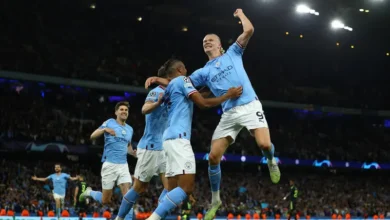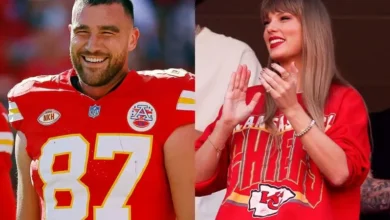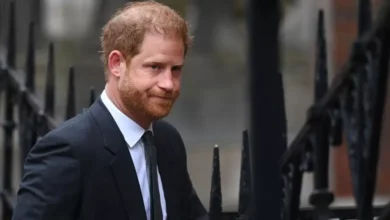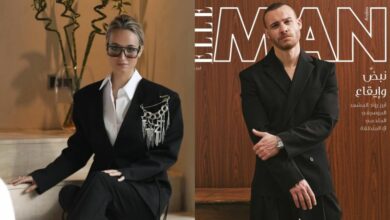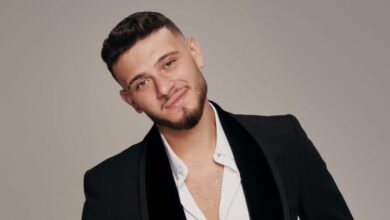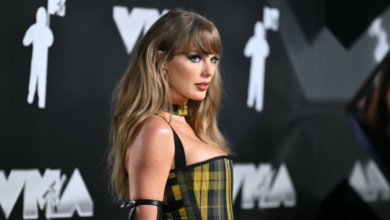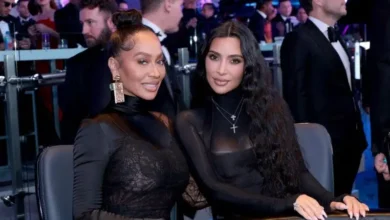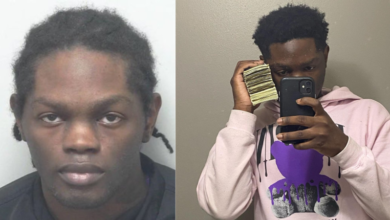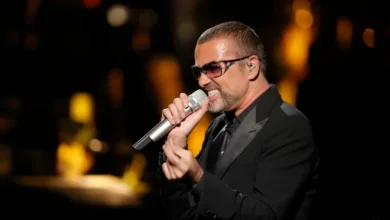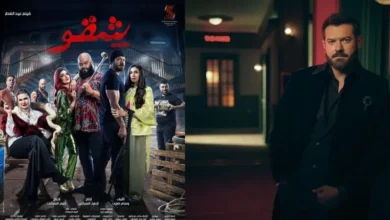‘Why shouldn’t power be Black’? How Miriam Makeba won and lost the US
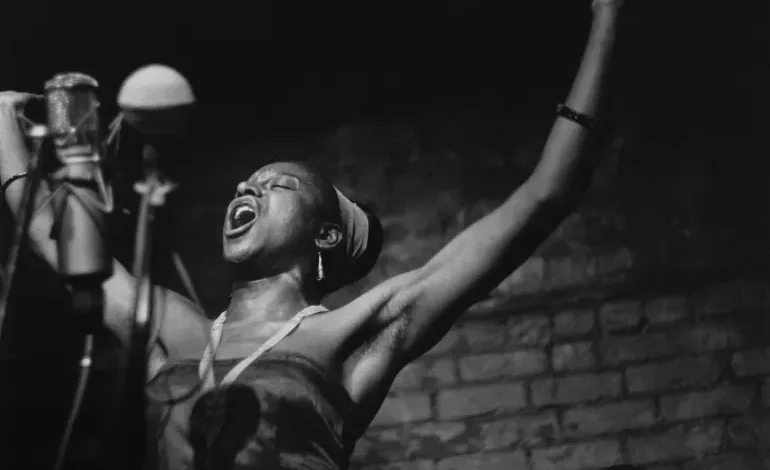
Within minutes of arriving in the United States for the first time, on November 28, 1959, 27-year-old Zenzile “Miriam” Makeba was whisked to the Manhattan office of the famous Jamaican-American singer Harry Belafonte. After a quick hug, Belafonte exclaimed: “Miriam! We haven’t a minute to waste!”
Belafonte, who had seen her performing in London a few weeks earlier, had pulled out all the stops to arrange a US visa for Makeba, a Black South African woman at the height of apartheid. And now that she was finally on US soil, he was determined to make it count.
Less than two days later, Makeba found herself at the NBC studios in Los Angeles trying to keep up with the ceaseless chatter of the makeup artist on the Steve Allen Show: “Don’t worry about a thing honey, you’ll be great. Don’t even think about those 60 million people who’ll be watching.”
“How many?” asked Makeba in astonishment.
When Allen introduced her, Makeba recalled that the host “actually held me up so I didn’t collapse from fright”. Luckily, the bright lights prevented her from seeing the audience, so she imagined she was singing to her mother, Christina, and her daughter, Bongi, back in South Africa. The trick worked and the audience was rapt by her performance of Into Yam, a traditional isiXhosa – her native language – song about a woman in love with a man who is habitually drunk.This contrast between her shy off-stage persona and commanding stage presence was always a Makeba hallmark. The future jazz legend Hugh Masekela first saw her perform in Johannesburg in 1953 when he was just 14: “Miriam came and sang … and we were just completely mesmerised. We were all madly in love with her, you know. She had such an impact on us, we were just blown away.”A few days later, Makeba began a four-week run at a legendary New York jazz club, the Village Vanguard. Before her first performance, Belafonte arranged for her to get her hair done in Harlem. After the stylist had spent hours straightening her hair, Makeba was “too afraid to look in a mirror”. When she got back to her hotel and saw what had been done to her, she burst into tears. As she wrote in her first autobiography: “This is not me. I put my head in the hot water and I wash it and wash it. I am not a glamour girl. I’m just naturally myself.”
Belafonte invited some of his influential friends to watch that first Village Vanguard show: Sidney Poitier, Duke Ellington, Nina Simone and Miles Davis, to name but a few. Makeba sang a selection of African and English numbers and even one Yiddish song. But it was Qongonthwane, a song that one critic likened to “the popping of champagne corks”, that set the crowd alight. From that moment on, she was known as the “click-click girl”.
As The New York Times noted at the time: “There are few cases in show business where a performer’s life has changed more suddenly, more dramatically, and with so much promise.”
More than six decades later, her songs would continue to grip Americans. One of her fans? Vice President Kamala Harris, who on November 5 could become the first Black woman president of the US.
